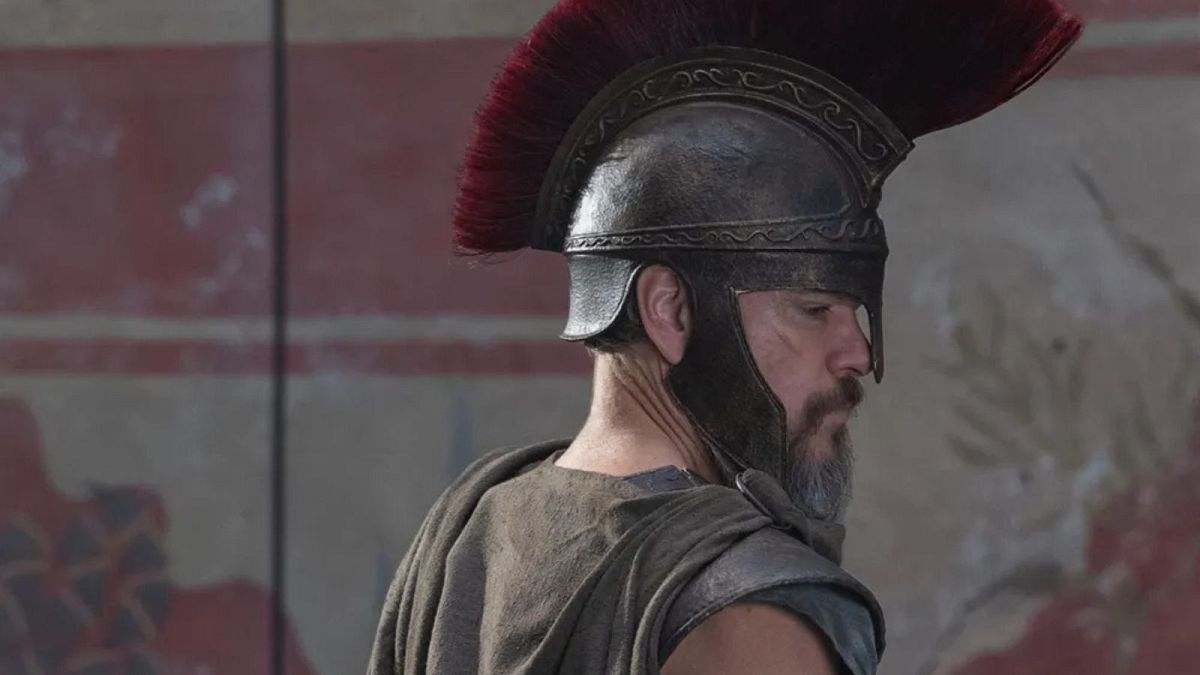

In recent global developments, stories spanning from film locations to human rights concerns have painted a complex picture of cultural, legal, and social dimensions. This article encapsulates these multifaceted narratives, highlighting key updates from around the world.
Renowned director Christopher Nolan faces challenges ahead of the release of his highly anticipated film, “The Odyssey.” Scenes for the epic production were filmed in Dakhla, an area within Western Sahara under Moroccan administration for nearly five decades. Observers have expressed unease, suggesting that the decision to film there may inadvertently reinforce Morocco’s contentious control and the ongoing struggles of the Sahrawi people. Nolan’s history of cinematic excellence now contrasts with the political sensitivities of his chosen filming location, prompting discourse on the responsibilities of filmmakers when selecting international venues.
Meanwhile, on the island of Crete, Greece witnessed spirited yet peaceful protests orchestrated by a pro-Palestine group. The demonstrators gathered in opposition to the arrival of an Israeli cruise ship. Although the situation required intervention by riot police to prevent escalation, the event highlights the continuing global dialogue around Palestinian issues and the sensitive interplay of tourism, politics, and local sentiments in regions marked by historical tensions.
In Colombia, former President Álvaro Uribe found himself at the heart of a significant legal outcome, as a Colombian court convicted him of witness tampering. The verdict underpins serious charges that Uribe attempted to unduly influence testimonies linked to the country’s long-standing armed conflict. Sentenced to 12 years, this ruling has sparked conversations around political accountability and justice, reflecting Colombia’s ongoing struggle to reconcile past conflicts through transparent legal processes.
Across the Atlantic, further South in El Salvador, urgent calls have arisen in the United States to address concerning claims about a secretive prison facility. Congresswoman Delia Ramirez has urged a congressional hearing to investigate the use of US federal funds in maintaining this prison known for alleged human rights abuses. The facility, purportedly used for detaining immigrants, has brought attention to El Salvador’s human rights record and the critical oversight of international support in managing immigration and detention policies.
Finally, within its borders, the United States itself is now under scrutiny from an esteemed global non-profit organization, Civicus, which has placed the nation on a civil society watchlist. The report issued outlines sustained infringements on civic freedoms, raising alarm about the state of civil liberties during the Trump administration. This classification places the US alongside other nations with contentious civil society conditions such as El Salvador and Kenya, reminding global observers of the importance of vigilant advocacy for civic rights and freedoms.
These stories, while varied in their specifics, underline universal themes of justice, political responsibility, and cultural sensitivities. From cinematic ventures to legal repercussions, and from civil rights to immigration practices, each narrative colors the ongoing tapestry of global interactions that bind nations together. As the world continues to evolve and respond to past and present challenges, these dialogues remain essential in fostering a future defined by understanding, respect, and shared progress.
Source: {link}
